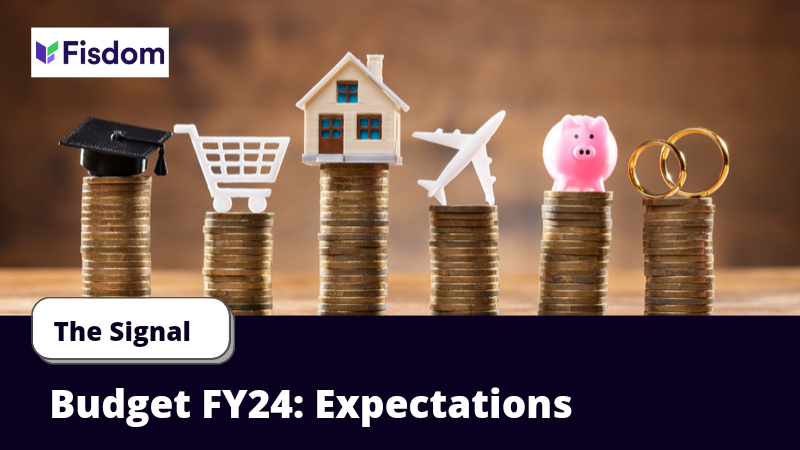

1. Manufacturing In Contraction
India Manufacturing PMI contracted for the first time this year at 48.1 vs 50.8 in the month prior. It recorded its eleven-month figure in succumbing to viral virus. PMI averaged 51.5 in Q1FY22, the lowest three-month figure since the same period one year ago. Of the three broad segments, Capital goods was the worst affected area in June
Key risks are visible in the possible imbalance between rising global prices and domestic case counts. Widening of vaccination programs to play hero in times to come. The numbers today highlight the nascent and fragile stage of recovery that the Indian economy is in.
2. Personal Loan Is The 1st Step For Personal Growth
The bank credit scenario in the country witnessed a sharp contrast in terms of sectoral credit offtake in FY21 with personal loans growing by a robust 13.5 per cent, while industrial loan growth remained negative throughout the last fiscal. Data released by RBI showed that credit to the household sector rose by 10.9 per cent on a year-on-year basis (YoY)
Times, influenced by covid-19, has seen cash-strapped individuals run to cash-rich institutions for elastic and inelastic needs. Driven by policy support, banks accelerated extending money trees in mass to mass to promote root-level consumption. Drawing parallels to universal income, the refreshingly inexpensive hand-outs will help get growth levers get in motion.
3. India’s Good Outpowers Covid’s Mood
India’s economic damage due to the second wave of COVID-19 and subsequent lockdowns will remain restricted to the April to June quarter. With states now easing restrictions, economic activity in May is likely to signify the trough. Consumers and businesses have adapted. The second wave has mainly affected aggregate demand in contrast to last year when the national lockdown also constrained supply.
Overall economic effect of the second wave to be softer than that during the first wave of pandemic last year, although delivery of and access to vaccines will determine the durability of recovery. government recently announced a strategy to centralise vaccine procurement in order to boost vaccinations which if successful will support economic recovery
4. Being Immobile Is Being Expensive
Stringent mobility curbs and lockdowns put across key Indian cities will dent the economic momentum and will result in an economic loss of Rs 1.5 trillion. Migration of labour from key economic hubs across Maharashtra to their respective hometown poses another risk, especially to the manufacturing sector.
Overall, there can be a loss of sequential momentum in Q2-2021, but once the second wave passes (July-September), it should result in a release of pent-up demand in the subsequent quarters. In addition, the economy should benefit from faster vaccinations after June, the lagged impact of easy financial conditions, front-loaded fiscal activism and strong global growth.
5. Global Tax Finds Global Support
130 countries have agreed on global minimum tax of 15% backed by USA as part of worldwide effort to keep multinational firms from dodging taxes by shifting their profits to countries with low rates. There are still technical details that need to be worked out and it would be at least 2023 before the agreement takes effect.
The agreement announced Thursday is an attempt to address challenges presented by a globalised and increasingly digital world economy in which profits can be relocated across borders and companies can earn online profits in places where they have no taxable headquarters.



























